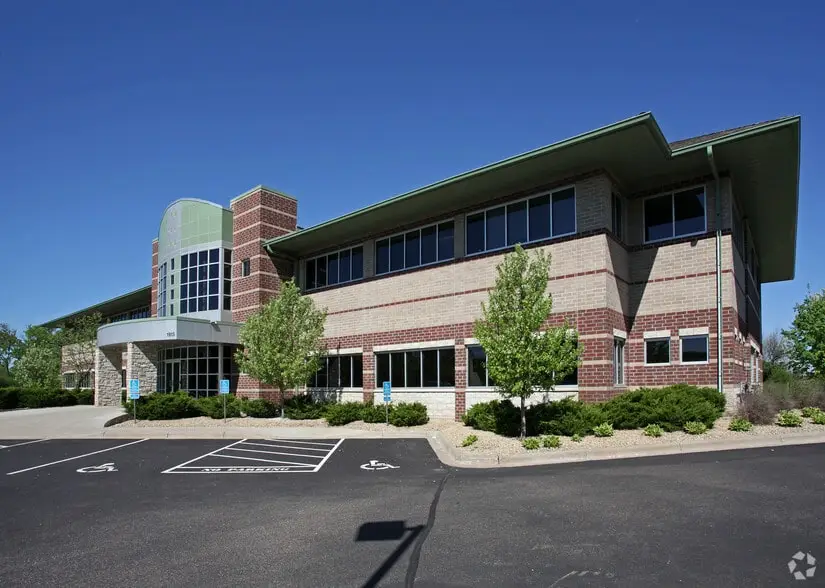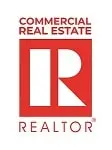Managing Accounts Payable and Receivable: Best Practices for Property Owners
Effective financial management is crucial for commercial property owners and the property managers who support them. Managing accounts payable and receivable is an important aspect of commercial real estate financial management. Properly monitoring and managing them ensures a steady cash flow, minimizes risk, and maintains strong relationships with your tenants and vendors.
Accounts Payable and Receivable Basics
First, let’s get a better sense of what these two functions mean and how they relate to your commercial property portfolio.
Accounts Payable: Managing Expenses
Accounts payable refers to money you owe to vendors, suppliers, and service providers. It includes utility bills such as electricity, water, and gas, property taxes and insurance, loan or mortgage payments, and payments to vendors such as your landscaping, security, and maintenance companies. Managing your accounts payable ensures these people are paid on schedule, avoid late fees, prevent service disruptions, and build strong relationships with your suppliers.
Accounts Payable: Managing Expenses
Accounts receivable refers to payments that are owed to you, primarily from tenants. It includes rent and lease payments, common area maintenance (CAM) fees, utility reimbursements, parking fees, and any other service charges. Effective management of your accounts receivable ensures a steady cash flow and reduces the risk of late or missed payments.
Best Practices for Managing Accounts Payable and Receivable
To make your accounts payable and receivable more efficient and reliable, consider implementing these eight best practices.
1. Automate Your Processes
Property management software can help you optimize your processes by automating invoice processing and payment, rent collection and payment, and financial tracking. These tools reduce errors, save time, and provide real-time financial insights.
2. Implement a Clear Rent Collection Process
A clear and easy to follow rent collection process makes doing the right thing the easy thing for your tenants. To ensure timely rent payments, consider sending automated rent reminder texts and emails and offer multiple payment methods, such as online payments, ACH transfers, and credit/debit cards. Offer autopay options for recurring payments and consider implementing a late fee policy with a grace period to discourage delays.
3. Build Strong Vendor Relationships
When you have strong relationships with your vendors, work seems to go more smoothly and often, you can catch some breaks with your favorite service providers. Negotiating favorable payment terms can help you improve cash flow, and consolidating your vendor services can reduce the number of invoices you receive. Work with your property manager to schedule your payments to align with your rent collection dates.
4. Reconcile Regularly
With your property manager and/or bookkeeper, perform monthly or quarterly reconciliations. Reconciling regularly ensures all invoices, payments, and outstanding balances match financial records. It can identify and fix discrepancies before they become major financial issues and help you take quick action on consistent late payers.
5. Monitor Cash Flow and Forecast Expenses
Reviewing past trends and help you anticipate future fluctuations in your expenses and income. Work with your bookkeeper or use your app to run reports to track incoming and outgoing payments. Consider setting up a reserve fund to cover unexpected expenses.
6. Enforce Your Rent Collection Policies
Your lease agreements should clearly outline your rent collection policies, including any late fees and penalties. Send friendly reminders before rent payments are due and offer a tenant who is consistently late a payment plan to catch up. This can help you avoid extreme actions such as litigation or eviction.
7. Stay Compliant with Regulations
Compliance with applicable accounting regulations is an accounts payable and receivable management necessity. Ensure your financial records comply with local laws, tax regulations, and your own lease agreements. Keep detailed records of all of your transactions in the rare event of an audit or litigation. We recommend our property management clients work with an accountant and a financial advisor for tax planning and compliance.
8. Use a Centralized Accounting System
Finally, consider centralizing your accounting system, especially if you are managing accounts payable and receivable across multiple properties. Track all of your financial transactions in one place and reduce manual errors with automated data entry and invoice matching. Generate custom financial reports for better decision-making in the long term.
Using best practices for managing your accounts payable and receivable can help you improve cash flow, reduce your administrative burden, and build stronger relationships with your tenants and vendors. The Clarity Commercial team has expertise and years of experience helping our clients implement accounts payable and receivable best practices. Contact our team today to learn how we can help you improve your financial management.

For more information or to request a free estimate, visit their website at https://myclaritycommercial.com/ or give us a call at (952) 370-224-2699.
Affiliations & Credentials: We are proud members of IREM, CCIM and MNCAR along with various professional organizations and hold relevant certifications in the real estate management field. Our affiliations and credentials demonstrate our commitment to excellence and our ongoing efforts to stay up-to-date with industry best practices.
Additional Related Blogs
-
Stand Out with Commercial Property Branding

In today’s competitive commercial real estate market, commercial property branding plays a vital role in helping you attract and retain stellar tenants. Square footage and basic amenities aren’t enough anymore. Most tenants want to rent spaces that reflect their own identities and cultures. As a savvy commercial property owner, you can take advantage of this…
-
Managing Accounts Payable and Receivable: Best Practices for Property Owners

Effective financial management is crucial for commercial property owners and the property managers who support them. Managing accounts payable and receivable is an important aspect of commercial real estate financial management. Properly monitoring and managing them ensures a steady cash flow, minimizes risk, and maintains strong relationships with your tenants and vendors. Accounts Payable and…
-
Mastering Budget Projections for Commercial Properties

Mastering budget projections for your commercial portfolio helps you manage your properties more smoothly and enjoy long-term profitability. Savvy commercial property owners and their managers leverage technology, stay on top of market trends, and proactively manage expenses by reviewing data and sticking to a strategic plan. Here are eight ways you can improve your budget…










